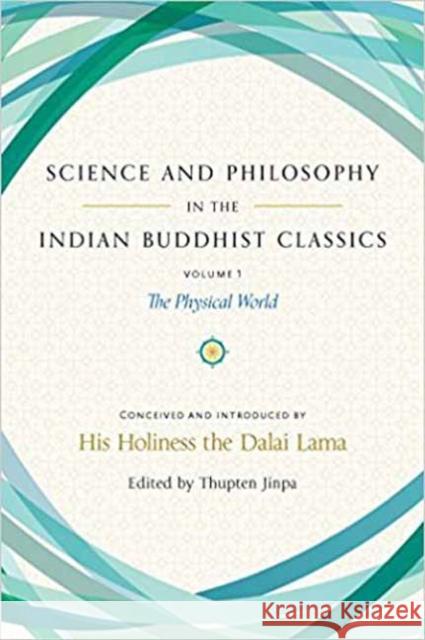Science and Philosophy in the Indian Buddhist Classics: The Science of the Material World » książka
topmenu
Science and Philosophy in the Indian Buddhist Classics: The Science of the Material World
ISBN-13: 9781614294726 / Angielski / Twarda / 2017 / 552 str.
Explore the nature of our material world in a unique sourcebook conceived by Dalai Lama collecting the scientific observations found in classical Buddhist treatises.
Science and Philosophy in the Indian Buddhist Classics compiles classical Buddhist explorations of the nature of our material world and the human mind and puts them into context for the modern reader. This ambitious four-volume series, a major resource for the history of ideas and especially the history of science, has been conceived by and compiled under the visionary supervision of His Holiness the Dalai Lama himself. It is his view that the explorations by the great Indian masters of northern India in the first millennium CE still have much that is of interest to us today, whether we are Buddhist or not, and these volumes make those insights accessible. Volume 1, The Physical World, explores of the nature of our material world--from the macroscopic to the microscopic. It begins with an overview of the many frameworks, such as the so-called five aggregates, that Buddhist thinkers have used to examine the nature and scope of reality. Topics include sources of knowledge, the scope of reason, the nature and constituents of the material world, theories of the atom, the nature of time, the formation of the universe, and the evolution of life, including a detailed explanation of the early Buddhist theories on fetal development. This volume even contains a brief presentation on early theories about the structure and function of the brain and the role of microorganisms inside the human body. To present these specific ideas and their rationale, the series weaves together passages from the works of great Buddhist thinkers like Asanga, Vasubandhu, Nagarjuna, Dignaga, and Dharmakirti. Both volumes contain an introduction from His Holiness the Dalai Lama that outlines scientific and philosophical thinking in the history of the Buddhist tradition. Each of the six major topics in each volume is also introduced with an essay to provide additional context for Western readers. Those in volume 1 have been prepared by Thupten Jinpa, the Dalai Lama's principal English-language translator and founder of the Institute of Tibetan Classics. These essays connect the contemporary reader to broader debates and Western parallels and provide helpful suggestions for further reading.










